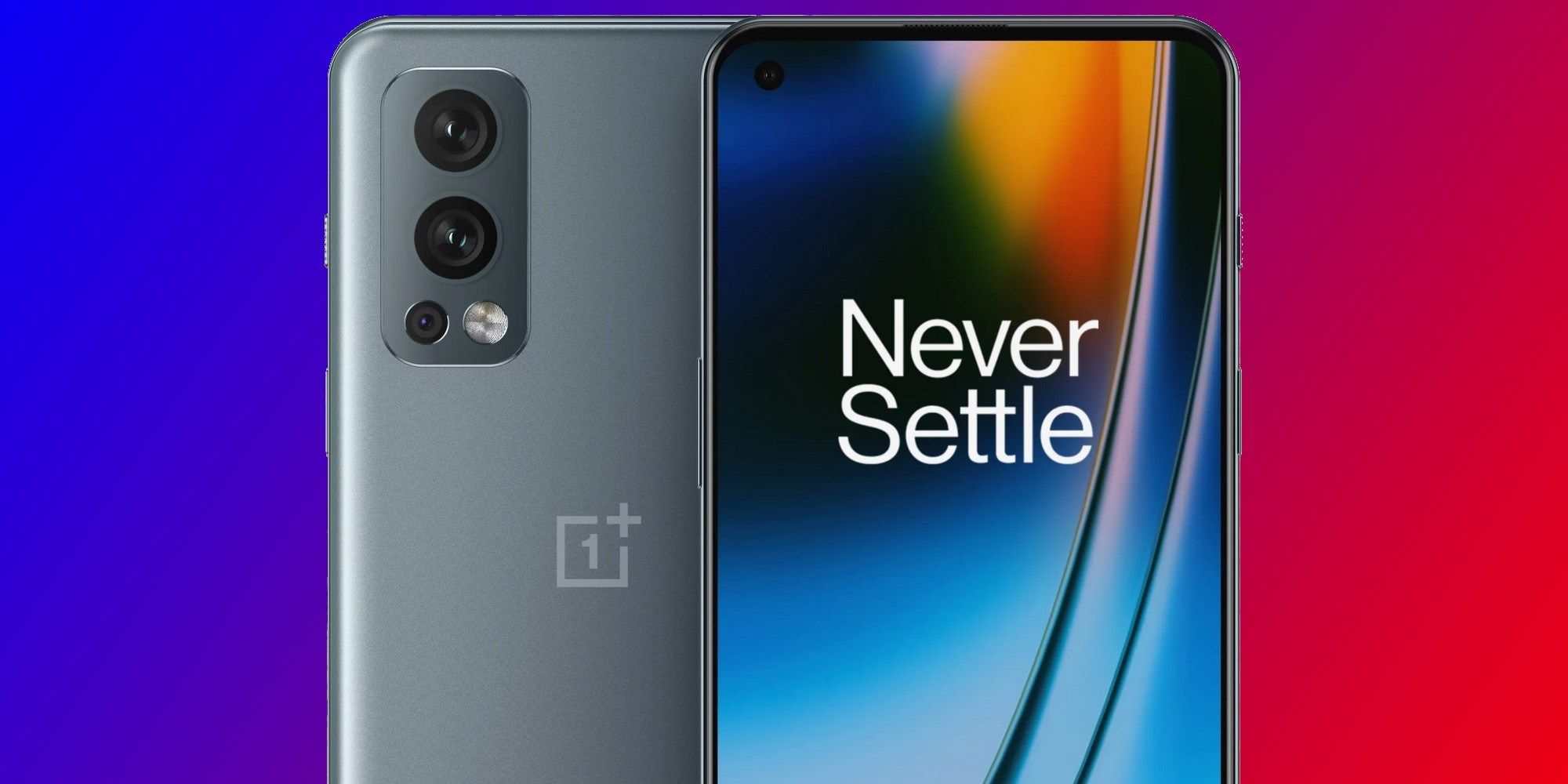Oppo is reportedly at work developing its own smartphone chips, and given its close ties with OnePlus, it is pretty likely that the latter will also jump the custom SoC bandwagon just like Apple, Huawei, Google and Samsung. The ever-increasing ties between OnePlus and Oppo are no secret. When OnePlus started its journey, it initially leased Oppo’s supply chain resources and production lines. And that’s not surprising, as both are sister companies that operate under the Chinese multinational conglomerate named BBK Electronics. Within the past couple of years, the OnePlus-Oppo synergy has grown even stronger.
Just over a year ago, OnePlus CEO and co-founder Pete Lau was appointed as the Senior VP and Chief Product Experience Officer at OPLUS — the investor company handling OnePlus, Oppo, and Realme. More recently, multiple teams across both brands were merged, and the software efforts were also unified with the codebase merger of Oppo’s ColorOS and OnePlus’ OxygenOS Android skins. The similarities between Oppo and OnePlus phones are occasionally striking, especially after the joint R&D and hardware efforts were linking more closely.
As per a Nikkei Asia report, Oppo is developing its own mobile chips that will make its debut in 2023 or 2024 at the earliest. The company is reportedly planning to use TSMC’s 3nm process for its custom smartphone SoC that will likely find its way inside OnePlus phones with or without a distinct branding. To recall, Apple is reportedly eyeing a 3nm-based chip as well, and it might first appear inside an iPad Pro refresh that is rumored to launch next year. In addition to a smartphone SoC, Oppo is allegedly working on its own Image Signal Processor (ISP) as well to better optimize the camera output.
An Opportunity To Truly Stand Out
To get its chip ambitions going, Oppo has reportedly poached talent from established names in the domain such as MediaTek, Qualcomm and Huawei. In related news, sister company Vivo recently introduced its own V1 ISP that has been fitted inside its X70 series of high-end phones. Making custom chips is not unique to the Android smartphone world, but it has certainly picked up pace in the past few years. Huawei and its Honor sub-brand have been using in-house Kirin SoCs for years until US sanctions crippled its chip division. Samsung’s Exynos chips have been a mainstay across its smartphone line-up over the years, and its chip efforts are only gathering more steam with the AMD partnership.
The latest brand to join the in-house SoC trends is Google, thanks to its Tensor chip that powers the Pixel 6 and its Pro sibling. It’s not easy to make custom chips, but the benefits are enormous. With rising silicon prices, a company can minimize the costs of making a phone by using its own processors. It not only eliminates the supply chain woes, such as a global semiconductor shortage but also gives more control over the smartphone, especially its software. With an in-house chip, Oppo (and OnePlus) can better optimize the performance and elongate the software update tenure for their phones. It’s a win-win situation, provided it’s done right.
Source: Nikkei Asia, Vivo


